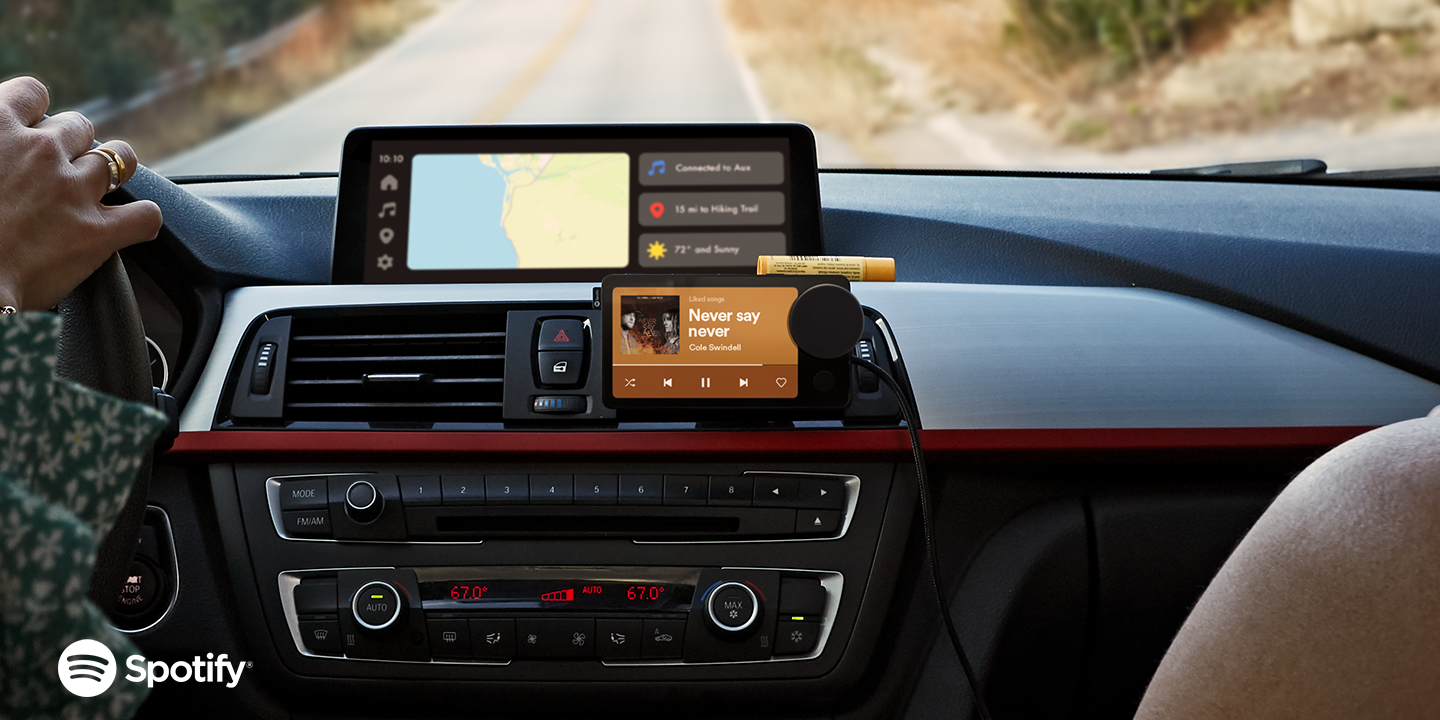AUTONEWS
Trust, more than knowledge, critical for acceptance of fully autonomous vehicles: Study
While not yet on the market, fully autonomous vehicles are promoted as a way to make road travel dramatically safer, but a recent study found that knowing more about them did not improve people's perception of their risk. They needed to have more trust in them too.
This study adds to the evidence from other research that knowledge alone is not enough to sway people's attitudes toward complex technology and science, such as gene editing or climate change. In this case, Washington State University researchers found that trust in the autonomous vehicles' reliability and performance played the strongest role in improving perceptions of the technology's risk.
That may be critical to whether this technology will ever be realized, said Kathryn Robinson-Tay, lead author of the study published in the Journal of Risk Research.
"Autonomous vehicles are such consumer-oriented products. Whether they are used or not is really dependent on whether people will buy them," said Robinson-Tay, a doctoral student in WSU's Murrow College of Communication. "We found there was no significant relationship between people's knowledge and their risk perceptions of autonomous vehicles—without the mediation of trust."
While some cars with autonomous features, like Tesla's adaptive cruise control, are on the roads now, fully driverless vehicles are not yet available. By some estimates, if they do become available, they could improve traffic safety by 90%. But that likely depends on their wide adoption, and currently, perceptions of their safety are very low. A 2022 Pew Research poll showed 44% of Americans have a negative view of autonomous vehicles.
For this study, Robinson-Tay and her advising professor Wei Peng conducted a representative, cross-sectional survey of 323 adults in the U.S. using Census-based quotas for age, gender and race to ensure a diverse sample. The participants answered questions about their knowledge and perceptions of autonomous vehicles and their risk. While trust emerged as the most influential factor, people's desire to experience using fully autonomous vehicles also indirectly led to improved perceptions of risk.
The fact that fully autonomous vehicles are not yet available even to try out may be part of the problem, but their very autonomous nature may also hinder their acceptance, said Peng, a WSU communications researcher.
"It's basic psychology that people want to interact with the things they use. They want to control them through physical touch. With fully autonomous vehicles, you do not need to touch them, so people may feel they are very risky or unsafe," he said.
News reports about accidents with partially autonomous vehicles has also likely hurt perceptions, the researchers said.
"Accidents happen all the time on the road every day, but people tend to overestimate the risk of something that's new, or that they're less familiar with," Peng said.
Regardless, this study's findings point to the need to build trust with the public if fully autonomous vehicles are to ever take to the roads.
"Proponents should do their best to communicate the benefits, and the risks, of autonomous vehicles in an effort to increase both knowledge and trust," said Robinson-Tay. "It's really important to communicate as honestly as possible so people can have a balanced understanding of what they're exactly getting into with purchasing one."
Provided by Washington State University


Nenhum comentário:
Postar um comentário